Insight 2020 - Week 2: The role of the Decision Support Network
The Midlands Decision Support Unit (DSU) Network is a new and emerging approach to bring together analytical resource a
Insight 2020 - Week 1: Our decision making context in 2020
Transformation in health and care has been rapid and intensive, particularly in 2020.
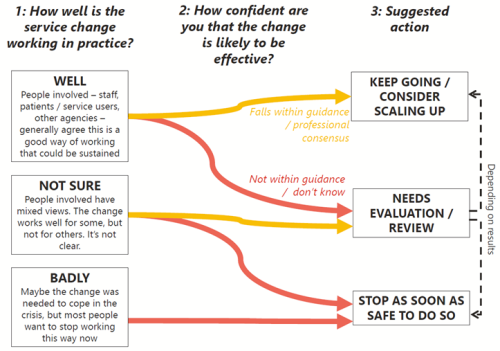
How can we learn from changes in practice under COVID-19
During the COVID-19 pandemic we have seen rapid changes in ways of working.
Modelling the impact of covid on waiting lists for planned care
Working with the national collaboration to coordinate covid-related analysis, and the NHSE/I Midlands region, the Strategy Unit has produced a ‘systems dynamics’ model of waiting lists for planned care. The model is freely available for non-commercial use across the NHS. Here, Steven Wyatt and Mike Woodall explain what we did and how we did it.

Bringing NHS analytics into the 21st Century
A marriage usually needs (at least): a matchmaker, two entities, a (little) money, a proposal and a home.
How can Integrated Care Systems collect and use more ‘person-centred intelligence’?
Working with our partners
Outcomes based commissioning: A framework for local decision making
This local decision-making framework aims to empower systems as they look to design new contracting approaches aimed at improving outcomes.
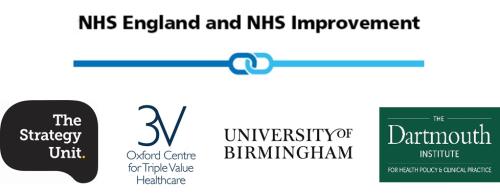
Midlands Population Health Management Academy
The Midlands Population Health Management Academy was part of a programme of support, commissioned by NHS
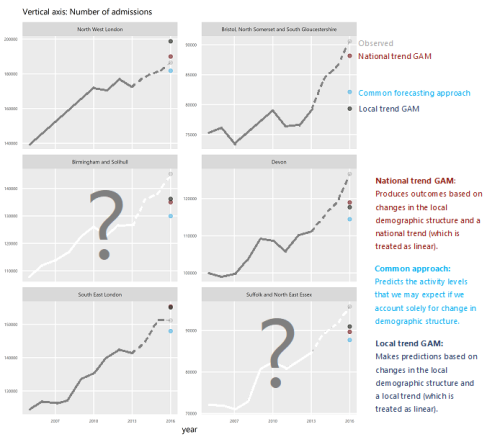
How will we know if Integrated Care Systems reduce demand for urgent care?
The implications of a blended payment system are far reaching: Decisions about planned activity levels will determine the total funding envelope for urgent care within a system and will influence the behaviour of healthcare providers and the services they deliver to patients.
Measuring what matters in systems – A call for person-centred intelligence
The Strategy Unit and Ipsos MORI launch guide to implementing Person-Centred Intelligence.
Lessons, Evaluation and Learning from the Dudley MCP
Learning from Dudley MCP
Learning and Development of Problem Solving Techniques
What is innovation?
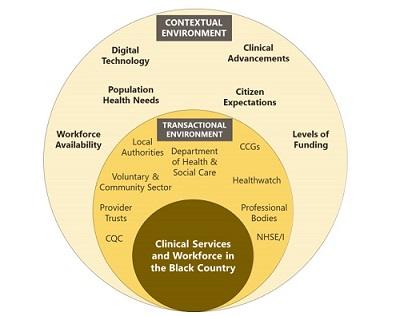
Clinical Workforce Scenarios for the Black Country
The future is highly uncertain.
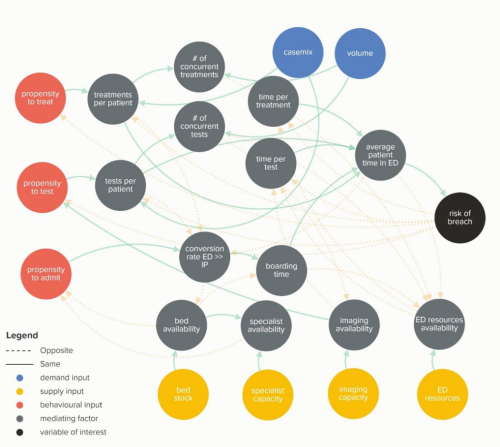
Waiting Times and Attendance Durations at English A&E Departments
In March 2019, NHS England is expected to report the outcome of its review of constitutional waiting times targets. This report reviews the factors that have led to the decline in performance against one of these targets - the 4-hour target for Accident and Emergency Departments. The analysis uncovers new insights and has the potential to reshape received wisdom about the performance of A&E departments, carrying important implications for healthcare policy and system leadership.
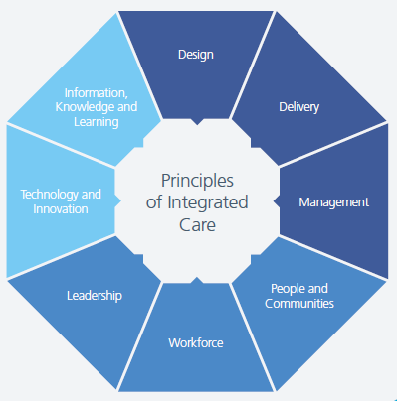
New care models - what's the evidence
High level findings from a series of evidence reviews on new care models.

Why community alternatives to hospital admission don’t (typically) reduce total admission levels
Repeatedly, published evaluations show that community/primary care services interventions with a stated intention to reduce total (or forecast total) emergency admissions to hospital don’t achieve the expected result**

Tools & templates: Problem structuring
Problem trees and driver diagrams can help you to understand the causes and effects of your problem.
Pre-mortem
The pre-mortem technique was developed by Klein (2007) using ‘prospective hindsight’ to identify risks at the outset of a project.
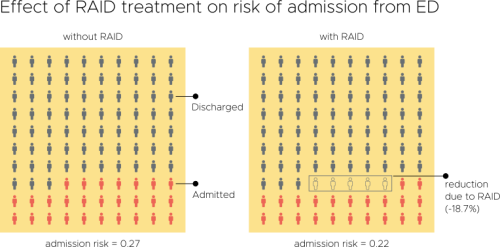
Evaluation of an Integrated Mental Health Liaison Service (Rapid Assessment Interface and Discharge Service) in Northern Ireland
A high proportion of patients treated for physical health conditions also have co-morbid mental health problems; and there is growing acceptance of

Tools & templates: Other points of view
Use Edward deBono’s ‘Six Thinking Hats’ or consider a wider point of view, to approach a problem or potential solution from different perspectives.